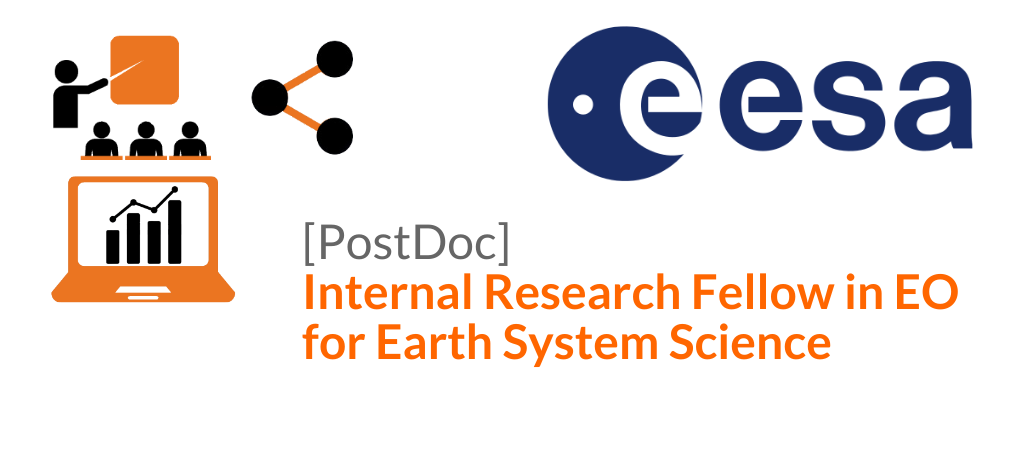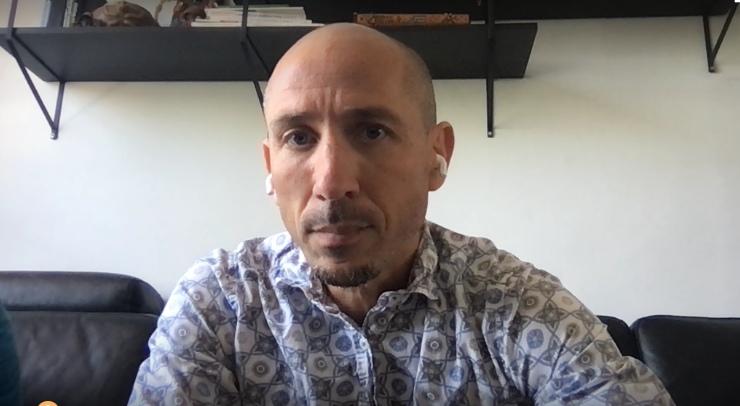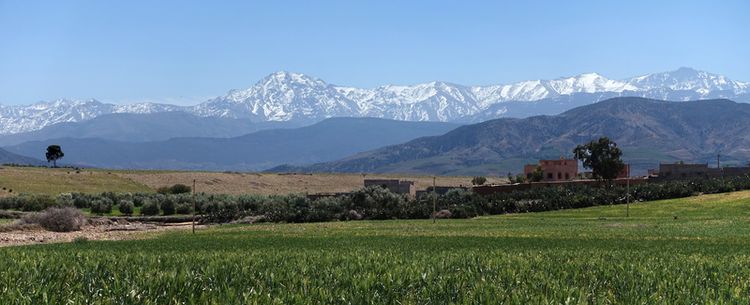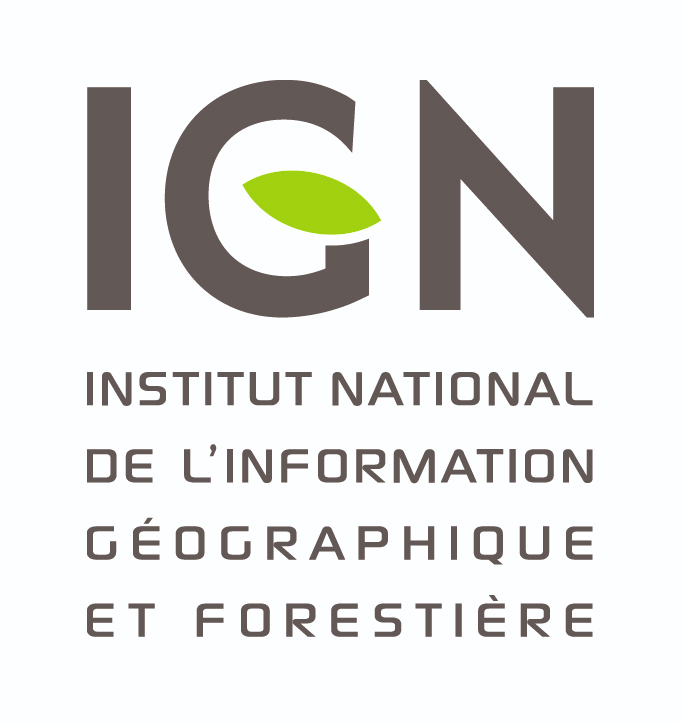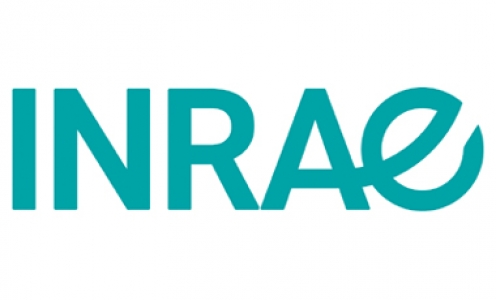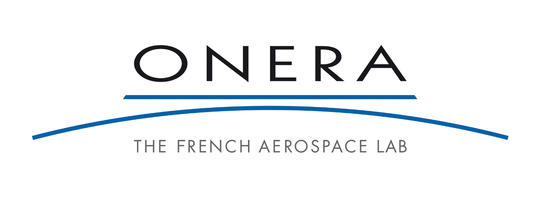Internal Research Fellow in EO for Earth System Science
Description
You will report to the Head of the Science Section in the Data Applications Division, Science, Applications and Climate Department, Directorate of Earth Observation Programmes. You will carry out your tasks in close cooperation with other staff in the Directorate.
The Science Section is a dynamic R&D team leading EO research and Earth system science activities, in partnership with European and international scientific groups. Visit our website for an overview of our activities: https://eo4society.esa.int/communities/scientists/
You will be part of the Earth System Science Hub, a new science facility at ESA and a centre for networking and scientific collaboration among world-class researchers in ESA Member States and worldwide. The Hub will bring together young and senior scientists of different disciplines in Earth observation and Earth system science to develop the next generation of EO products and jointly address some of the major science challenges of this decade.
The Hub will also contribute to developing a solid scientific basis for the implementation and evolution of “Digital Twin Earth” (an advanced high-resolution replica of our planet and its processes and interactions with human activities and ecosystems), providing scientific input for the EU DestinE and ESA DTE&U programmes (https://ec.europa.eu/digital-single-market/en/destination-earth-destine).
Interested candidates are encouraged to visit the ESA website: www.esa.int
Field(s) of activity/research for the traineeship
You will be responsible for a range of activities including:
- undertaking advanced research activities addressing major observational gaps and scientific priorities in EO and Earth system science. Research will cover a wide range of innovative topics from the development of novel methods, algorithms and EO products (i.e., exploiting data from the Earth Explorers, Sentinel series, non-ESA missions) to innovative Earth system science.
- contributing to the development of an advanced reconstruction of the Earth system and its processes based on the latest advances in EO capabilities, through collaborative research across domains in cooperation with ESA experts and international scientists and science teams.
- supporting the definition, technical supervision and coordination of scientific exploitation projects carried out by external teams of experts and scientists, in all areas of EO research and Earth system science.
- maintaining continuous dialogue with the scientific communities, including major international programmes and initiatives and partner space agencies (e.g., NASA), on preparation of the scientific agenda driving future ESA activities and plans.
You will be involved in scientific activities of relevance to one of the following thematic priorities:
- Ocean science: Activities will focus on exploiting the latest advances in EO satellite technology to enhance our observation capacity and fundamental scientific understanding of the ocean’s role in the Earth and climate system and its responses to anthropogenic forcing and mitigation actions. Priorities will include the further understanding of the ocean’s role in the carbon cycle, ocean health (e.g. acidification, marine heatwaves, eutrophication, extreme wind events) and marine biology and ecosystems, both in the open ocean and in coastal areas. You will also help coordinate and implement the activities of the ESA Ocean science cluster: https://eo4society.esa.int/communities/scientists/esa-ocean-science-cluster/
- Land surface processes: Activities will focus on enhancing our capacity to observe and understand complex land surface processes with special attention paid to hydrology, vegetation dynamics and the terrestrial carbon cycle, its sensitivity to climate change and its interactions with human activities (e.g., agriculture, forestry, energy, water consumption). Activities will focus in particular on the exploration and exploitation of the novel capabilities and increasing synergistic potential of the latest EO satellite systems (e.g., Copernicus Sentinels, FLEX, Biomass, meteorological missions, novel national and commercial missions) along with field measurements and high-resolution land surface and hydrological models. You will also help coordinate and implement the ESA carbon science cluster: https://eo4society.esa.int/communities/scientists/esa-carbon-science-cluster
You should mention your preferred theme in your proposal.
Description
You will report to the Head of the Science Section in the Data Applications Division, Science, Applications and Climate Department, Directorate of Earth Observation Programmes. You will carry out your tasks in close cooperation with other staff in the Directorate.
The Science Section is a dynamic R&D team leading EO research and Earth system science activities, in partnership with European and international scientific groups. Visit our website for an overview of our activities: https://eo4society.esa.int/communities/scientists/
You will be part of the Earth System Science Hub, a new science facility at ESA and a centre for networking and scientific collaboration among world-class researchers in ESA Member States and worldwide. The Hub will bring together young and senior scientists of different disciplines in Earth observation and Earth system science to develop the next generation of EO products and jointly address some of the major science challenges of this decade.
The Hub will also contribute to developing a solid scientific basis for the implementation and evolution of “Digital Twin Earth” (an advanced high-resolution replica of our planet and its processes and interactions with human activities and ecosystems), providing scientific input for the EU DestinE and ESA DTE&U programmes (https://ec.europa.eu/digital-single-market/en/destination-earth-destine).
Interested candidates are encouraged to visit the ESA website: www.esa.int
Field(s) of activity/research for the traineeship
You will be responsible for a range of activities including:
- undertaking advanced research activities addressing major observational gaps and scientific priorities in EO and Earth system science. Research will cover a wide range of innovative topics from the development of novel methods, algorithms and EO products (i.e., exploiting data from the Earth Explorers, Sentinel series, non-ESA missions) to innovative Earth system science.
- contributing to the development of an advanced reconstruction of the Earth system and its processes based on the latest advances in EO capabilities, through collaborative research across domains in cooperation with ESA experts and international scientists and science teams.
- supporting the definition, technical supervision and coordination of scientific exploitation projects carried out by external teams of experts and scientists, in all areas of EO research and Earth system science.
- maintaining continuous dialogue with the scientific communities, including major international programmes and initiatives and partner space agencies (e.g., NASA), on preparation of the scientific agenda driving future ESA activities and plans.
You will be involved in scientific activities of relevance to one of the following thematic priorities:
- Ocean science: Activities will focus on exploiting the latest advances in EO satellite technology to enhance our observation capacity and fundamental scientific understanding of the ocean’s role in the Earth and climate system and its responses to anthropogenic forcing and mitigation actions. Priorities will include the further understanding of the ocean’s role in the carbon cycle, ocean health (e.g. acidification, marine heatwaves, eutrophication, extreme wind events) and marine biology and ecosystems, both in the open ocean and in coastal areas. You will also help coordinate and implement the activities of the ESA Ocean science cluster: https://eo4society.esa.int/communities/scientists/esa-ocean-science-cluster/
- Land surface processes: Activities will focus on enhancing our capacity to observe and understand complex land surface processes with special attention paid to hydrology, vegetation dynamics and the terrestrial carbon cycle, its sensitivity to climate change and its interactions with human activities (e.g., agriculture, forestry, energy, water consumption). Activities will focus in particular on the exploration and exploitation of the novel capabilities and increasing synergistic potential of the latest EO satellite systems (e.g., Copernicus Sentinels, FLEX, Biomass, meteorological missions, novel national and commercial missions) along with field measurements and high-resolution land surface and hydrological models. You will also help coordinate and implement the ESA carbon science cluster: https://eo4society.esa.int/communities/scientists/esa-carbon-science-cluster
You should mention your preferred theme in your proposal.

